Technical services: Bud Dissection & Primary Bud Necrosis
DJ's are specialists in grapevine bud dissection and fruitfulness analysis. Due to poor spring growing conditions we are expecting to have low bud fruitfulness. We recommend using bud dissections for an indication of bud fertility and to help estimate yield potential for Vintage 2024.
Dissections are also useful to show the health status of a vineyard by determining the level of primary bud necrosis (PBN) and other disorders and even pest like Grape Vine Bud Mite.
PRICE ON APPLICATION
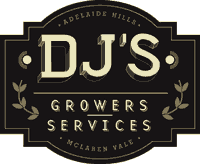




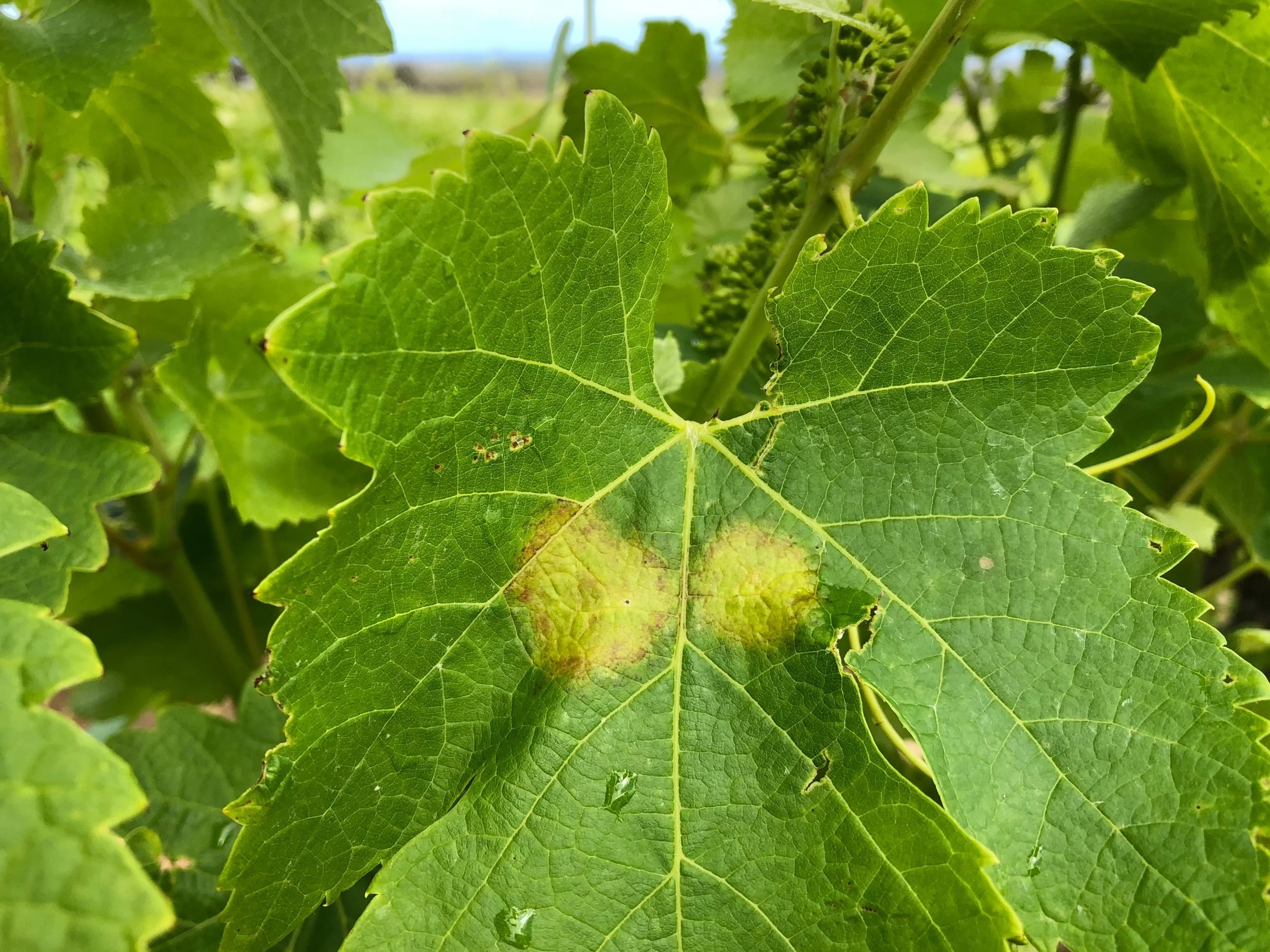
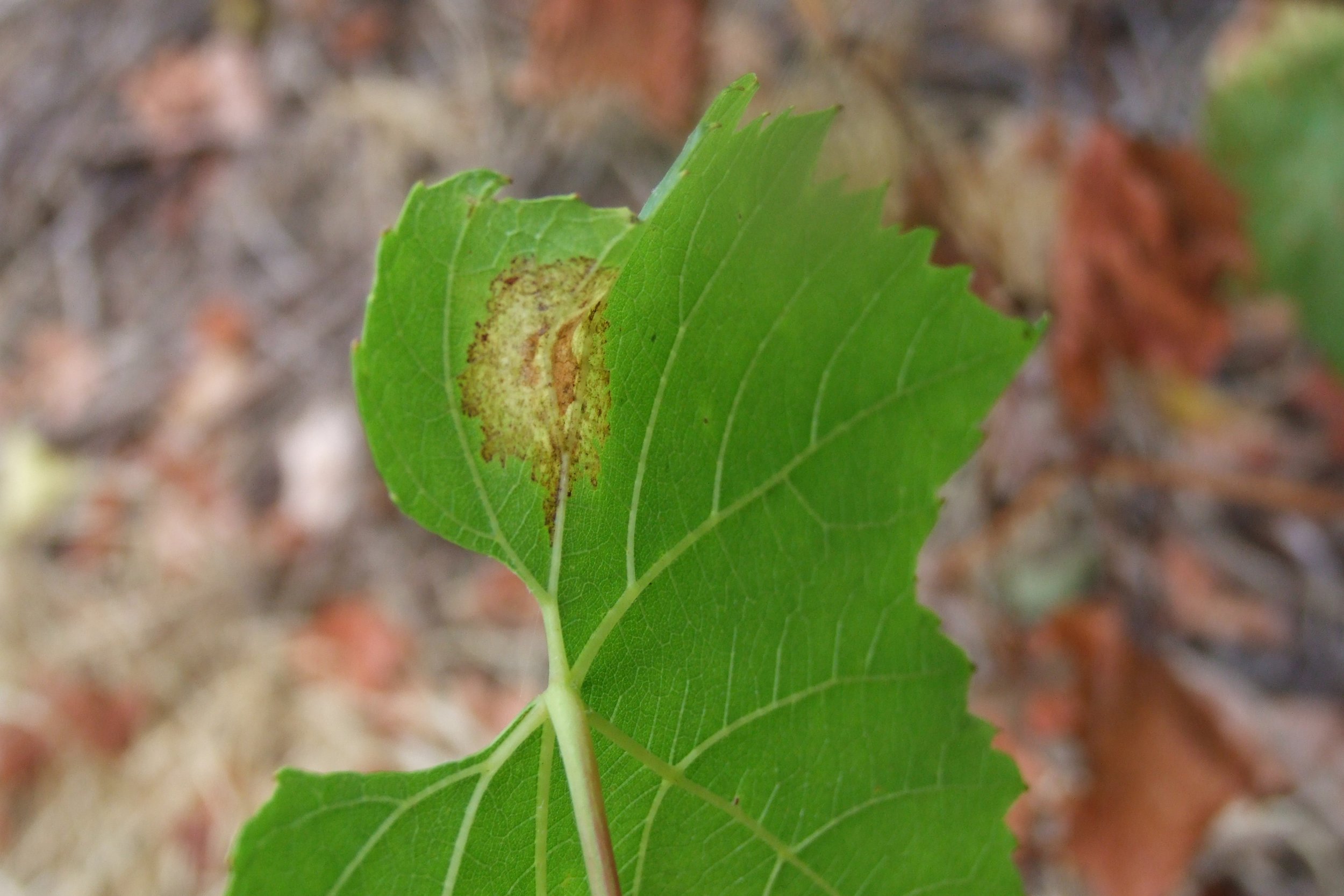
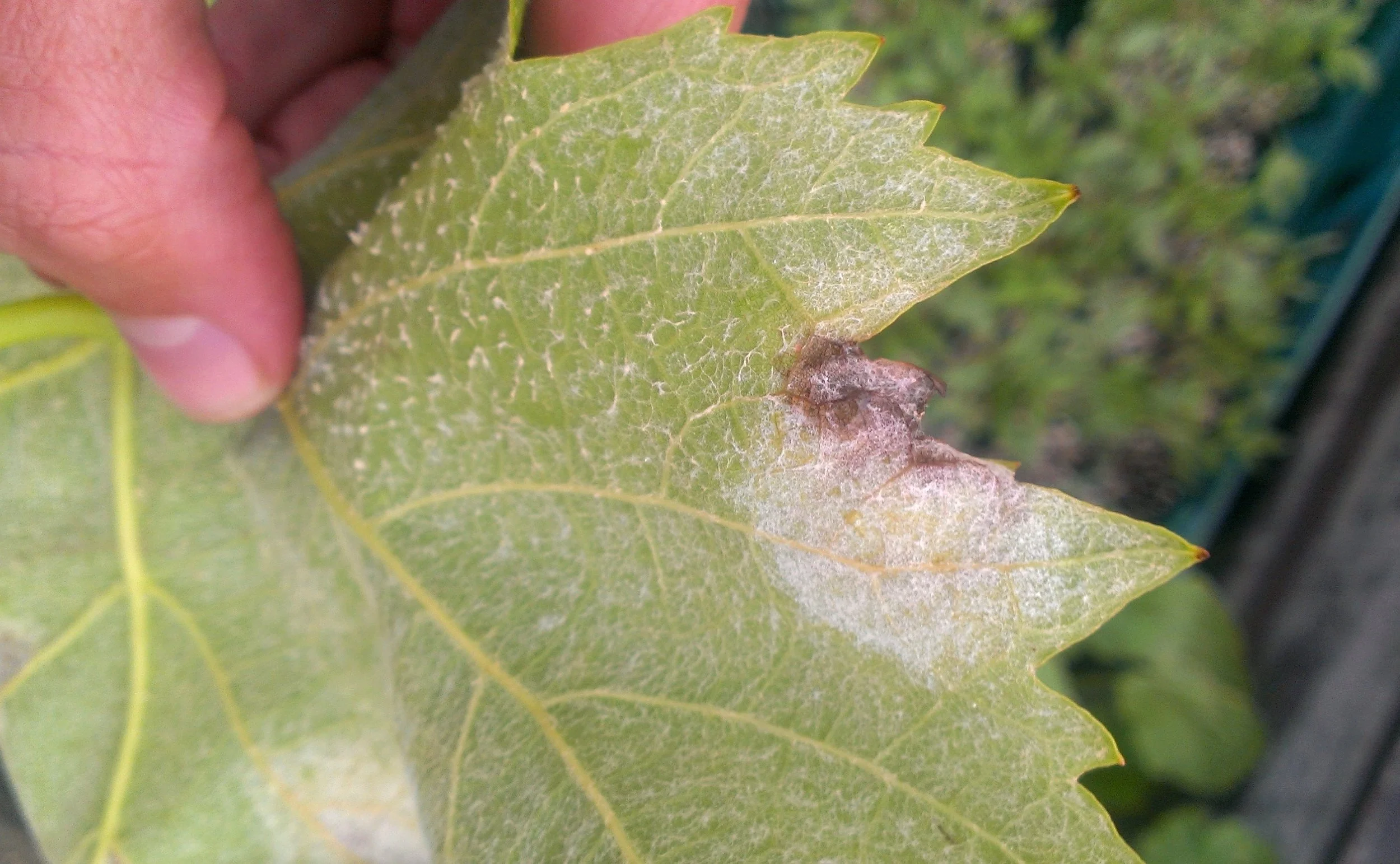
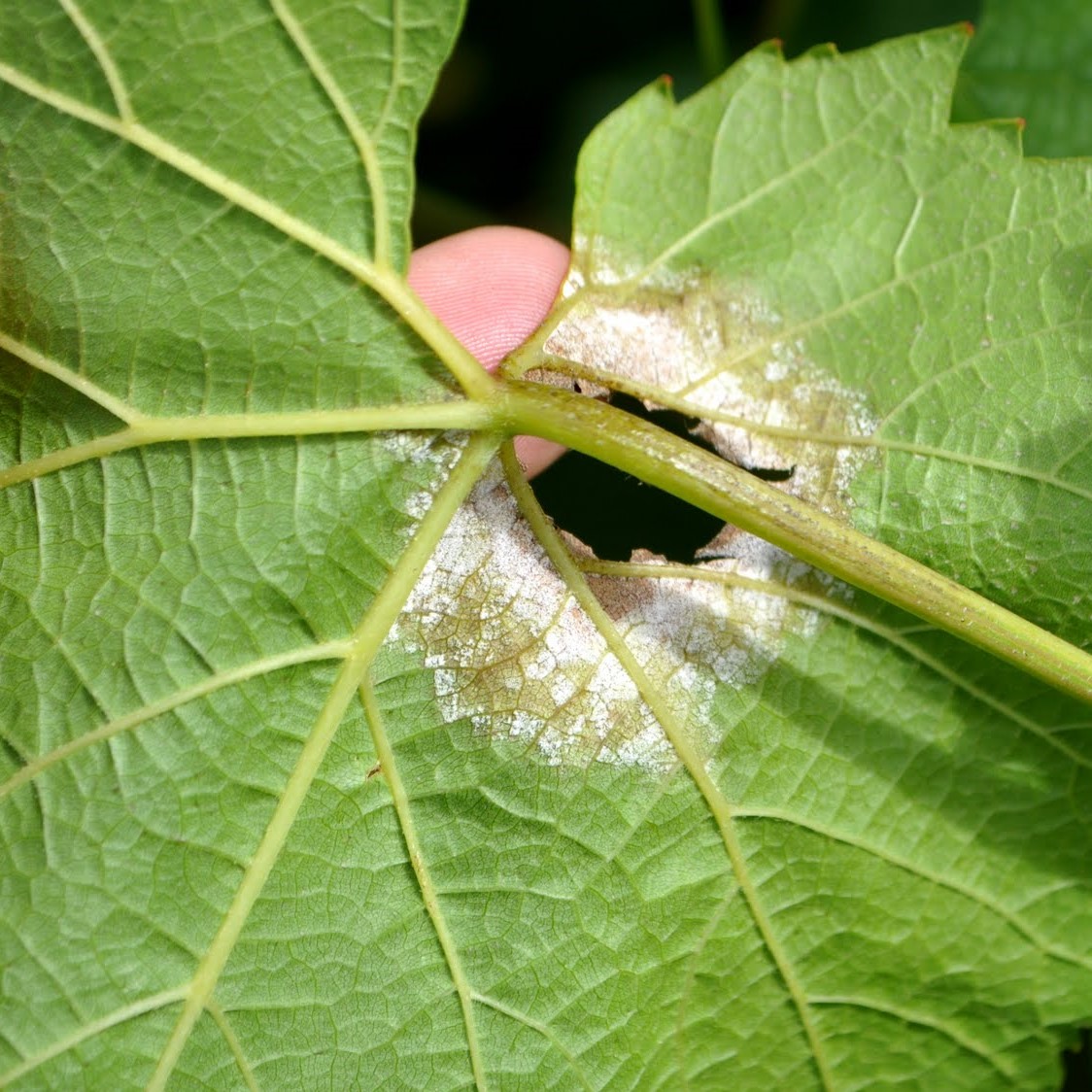
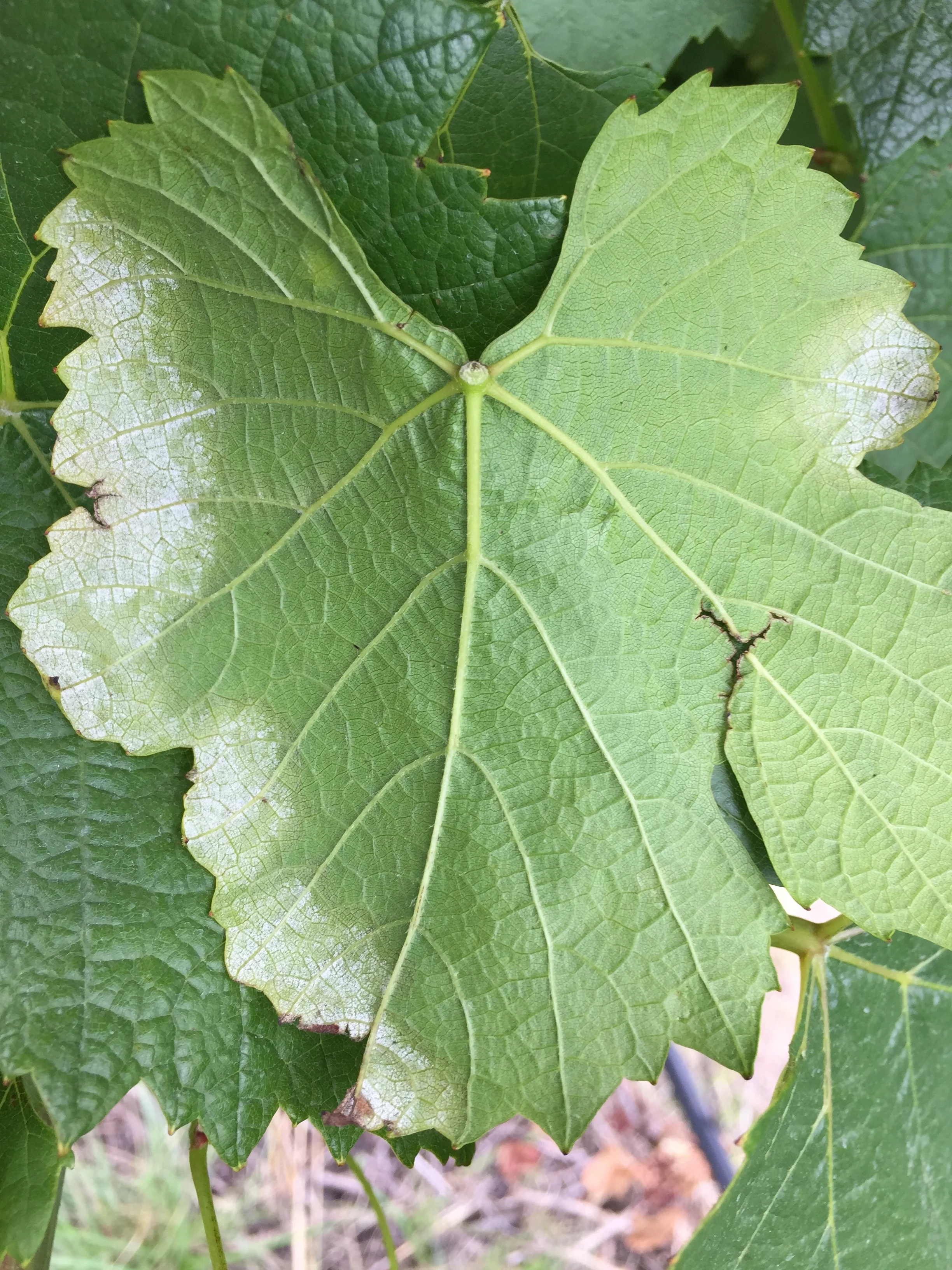
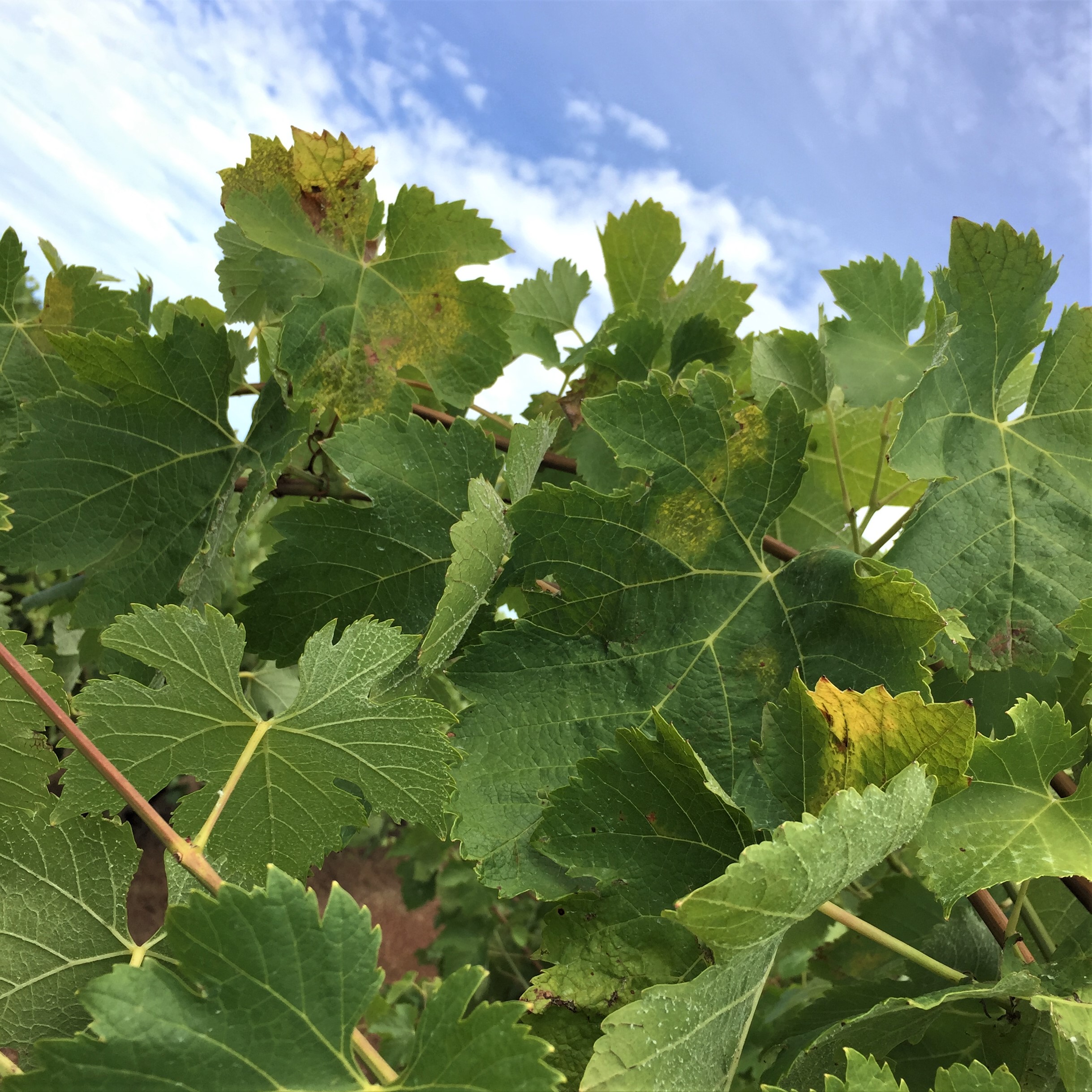
![IMG_2862[9658].JPG](https://images.squarespace-cdn.com/content/v1/5361dcdee4b00858cf8d25ad/1541635562088-MWYM92W6YVXKY9OH0LFL/IMG_2862%5B9658%5D.JPG)
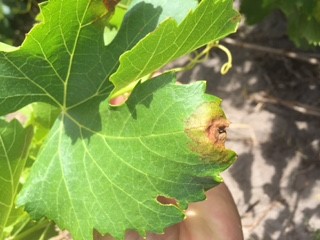
![IMG_2863[9660].JPG](https://images.squarespace-cdn.com/content/v1/5361dcdee4b00858cf8d25ad/1541635884289-DKWOYXBUZY7BEFKBAZUX/IMG_2863%5B9660%5D.JPG)





